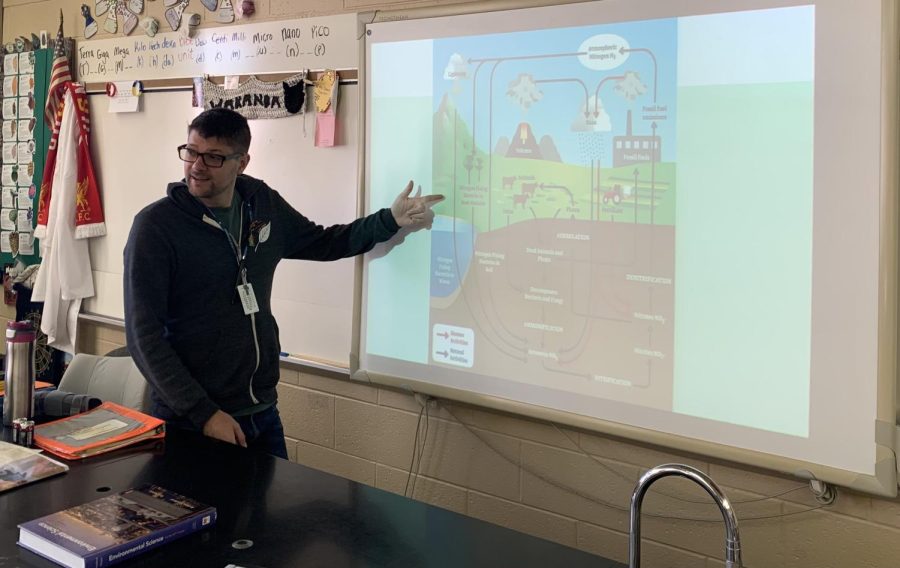What makes a good teacher?
“I wonder if I will have good teachers this year.” This is a thought a lot of students have at the beginning of every school year. However, these students probably haven’t thought much about what it takes to be a good teacher. As an Introduction to Education student who is considering a career in teaching, I have been giving this a lot of thought, and I decided to get some answers.
I was interested in the perspectives of both teachers and students and was eager to find out if they’d have the same answers. I interviewed several teachers and several students and asked each two questions. The first question I asked was “What characteristics do you think make a good teacher?” The second question was “Who was your favorite teacher and why?”
The teachers who were interviewed thought the key characteristics of a good teacher were flexibility, organization, compassion, strong knowledge of and passion for the subject they teach, patience, positive reinforcement, and understanding of their students. The students felt that the important characteristics were being helpful, transparent, and patient; respecting students’ time, assigning relevant homework instead of busy work, listening to their students’ concerns, and connecting with their students.
A common theme arising from both the students and the teachers was a teacher’s understanding of their students. The teachers find it important to understand the learning needs of their students and the extent of their knowledge as well as what the students are going through and what they are feeling. Similarly the students want to be understood. Students want their time used well, their concerns understood, and for their teachers to get to know them so they can understand their individual needs.
“I think that if you have a connection with the teacher, you are more excited to go to their class and learn the things they are teaching,” senior Maya Adams explained.
Mr. Colin Likens, a history teacher at North Penn, gave an example of why it is important for teachers to understand their students’ needs.
“If you don’t realize what a learner already knows and what they don’t know, as a teacher, you might not give a useful example [or] you might start too far down the path in explaining the knowledge or skill,” Likens said.
Interestingly, my question about favorite past teachers elicited a completely different set of teacher characteristics. More than half of the teachers and students interviewed said their favorite teachers had made them laugh, made learning fun, and kept the class engaged even if the subject was a lot of work or boring. Favorite teachers also tried to make learning interactive.
Even though these “favorite teacher” skills weren’t considered by any of the interviewees as critical to being a good teacher, these skills seem to be extremely important because they are the ones that left a lasting impression on their students.
When asked about the characteristics of good teachers, North Penn High School student Jason Wein said, “Teachers should be able to create a non-stressful environment for their students.”
The favorite teachers of my interviewees seemed to accomplish this with humor, creativity, and other things that make learning enjoyable.
Through the first interview question, I was able to uncover a list of teacher traits that are important to both students and teachers, and I was surprised that the answers weren’t terribly different. Through the second interview question, I was able to uncover an additional set of skills that seem to enhance the effectiveness of teachers and make a big impact on students.


